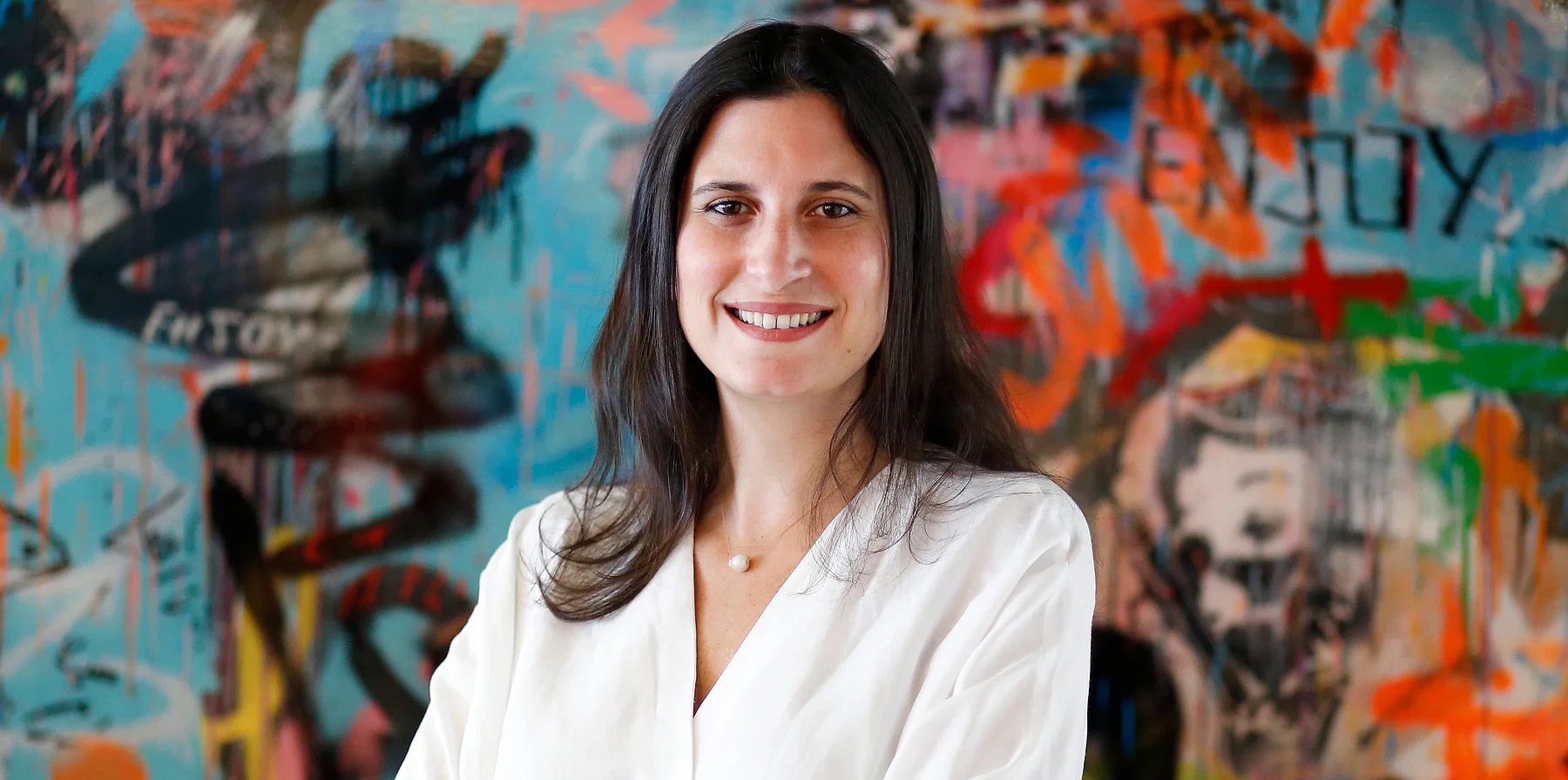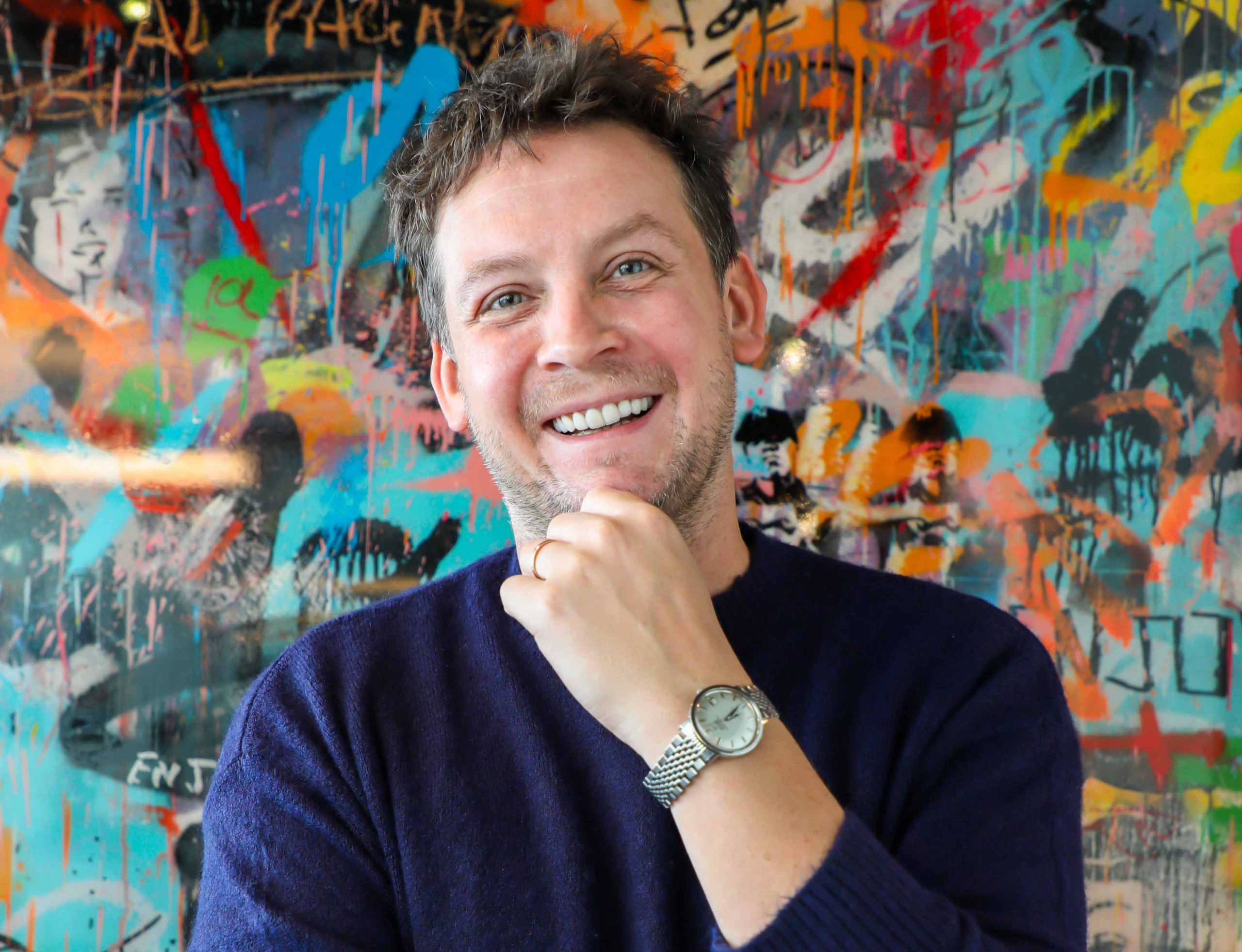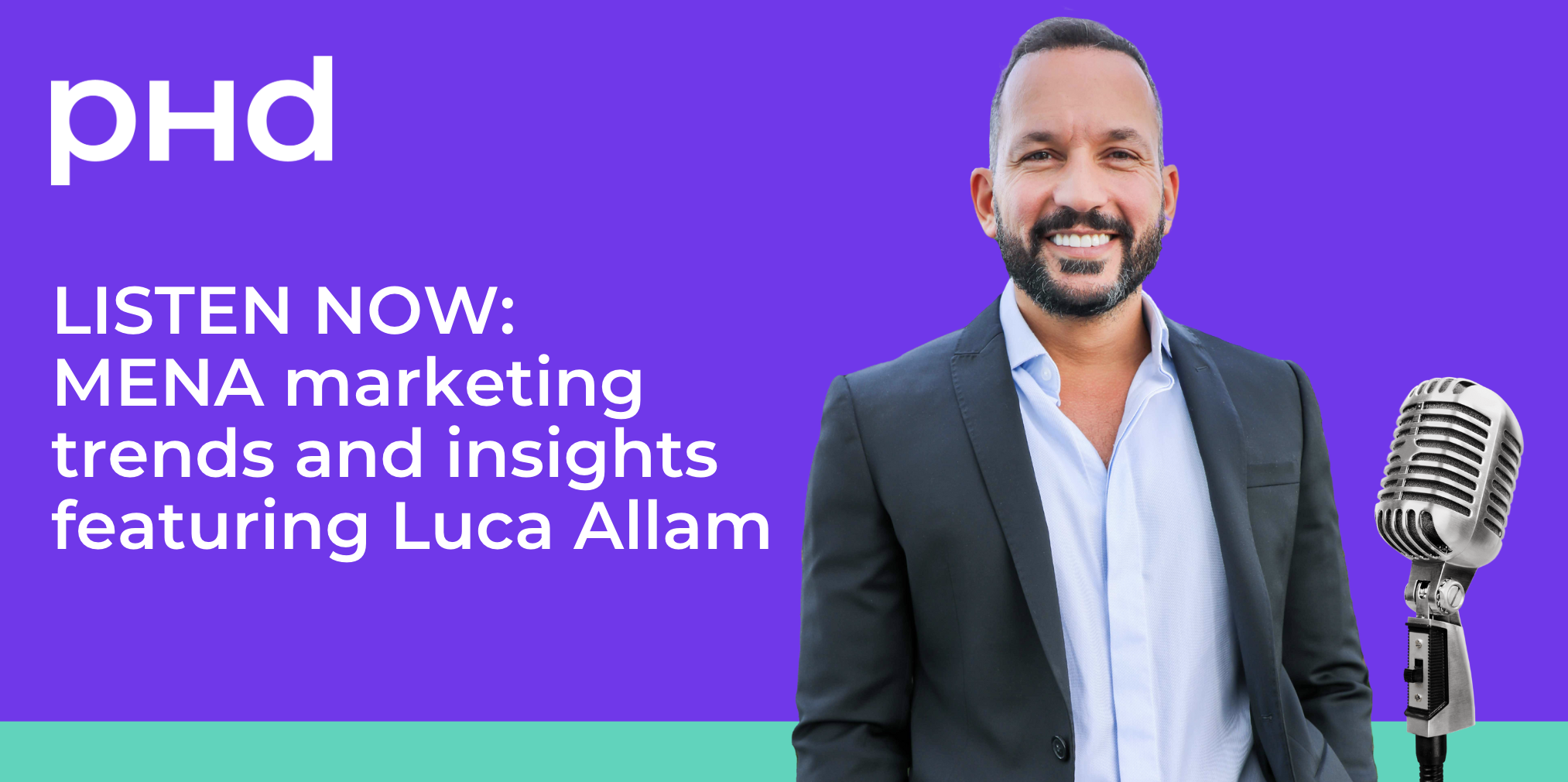Karen Doumet, General Manager at PHD UAE, features in Communicate‘s ‘Women to Watch’ issue.
Leading the Way
Career overview: After graduating from university in Beirut with a major in finance and a minor in political science, I started working in banking. Let’s just say that wasn’t for me. Shortly after, I moved to the media industry as I was much more fascinated by consumer psychology, shopper behavior, and behavioral understanding. Advertising, media, and marketing were much more exciting to me, although I also liked the rigor of numbers.
At Omnicom Media Group since 2006, I have grown and learned from a diverse portfolio of client industries, including automotive, banking, hospitality, destination management, and FMCG. Over the last 16 years, I have played an active role in the transformation of the agency and its clients’ businesses. We’ve attracted new clients and grown organically too, most recently through specialized services and our data-first offering.
As General Manager, I have had to embrace another perspective and have been able to inject my interest in behavioral economics and organizational psychology and structure. My role is all about growth, in our talent, both in-depth and breadth, product, and business; but that requires, first, a stimulating and engaging work environment, another one of my priorities.
Communicate sat down with Doumet to explore her journey to where she stands today and how being a woman has influenced different phases in her career.
How would you define your role today?
In today’s rapidly changing world, sticking to static definitions can be limiting and futile. Every day, I try to inspire, lead, and direct our talent and business to achieve our common goals and drive growth. This means creating a stimulating and supportive environment that yields engaged talent, best-in-class work, and loyal clients. I seek to build a sustainable structure and operating model that empower our leadership team and talent to identify and capitalize on opportunities everywhere – in people, markets, industries, tech, and data solutions.
What do you think that, as a woman, you personally bring to your job?
Without resorting to cliches, I believe I bring sharp listening skills that allow me to connect the dots, conceptually but also physically connecting people. I’m not sure my gender is responsible for this, though. Effective communications begin with listening twice as much as speaking. It creates empathy, which builds affinity and emotion – the basis of strong relationships.
Another thing, and I do believe gender plays a role in this, is multitasking, [a skill] that women strike me as being more naturally endowed with.
More broadly, by being an effective female business leader, I hope to emulate and inspire other women to aspire to leadership roles. The more women are seen in positions of power, the more gender parity at the top of organizations is normalized and resistance is reduced. We may have been the exception once, but it’s no longer the case and I hope to play my part in this.
Do you actively advocate for more women’s representation in the industry, personally and as PHD?
As an industry and as a company, we are in a much better position than most. Women play a major role in creative industries and our situation, in terms of policies and facilities, is commensurate to this contribution. Flexible working hours, maternity leave, and salary brackets are among some of the areas where OMG has acted as a leader in diversity and inclusion. It’s not lip service or pinkwashing. Gender parity in leadership, based on merit and talent, has been and remains a goal in our company. We are also committed to achieving a ratio of 50% women in senior management positions by 2023. We currently have 39%.
This means deploying supportive policies but also removing bias, which is why I support blind recruitment. It’s not about parity at any cost but promoting and supporting competence, talent, and potential no matter the gender.
We’re not there yet but we’re well on our way, guided as we are by our senior-most leadership and our peers of Omniwomen, a global grouping dedicated to increasing the influence and number of women leaders throughout Omnicom. It brings together employees who identify as women, and their allies, in an open and supportive environment for networking and learning. We exchange ideas, build skills, and share experiences with our peers.
We are [also] a founding member of the Unstereotype Alliance with the UN Women, which aims to tackle gender bias in advertising. Our employees regularly take part in panel discussions, speaking opportunities, and workshops to raise awareness and drive change.
And we are on the board of the Middle East Inclusion & Diversity Counsel (MEID), which focuses on private sector inclusion of genders to advance diversity and inclusion within the workplace by working together and committing to change.
What do you think women uniquely bring to this industry?
Be it in traditional or modern roles, women are the key target for an overwhelming majority of the world’s advertising. Their perspective on how a brand communicates is, or ought to be, fundamental to its ability to connect with them. Women are also natural-born communicators, traditional storytellers, and content creators. They’ve embraced social media heavily.
But it’s less about women specifically and more about diversity overall. The moment you have 50% or more women on board, on your leadership or on your team, you’ll find a performance lift, because innovation, disruption, and creativity come from diversity.
Some will argue women get stuff done but don’t seek (nor get) the credit. [But] times are changing, and women have become much more assertive and aware of their worth.
What does this actually translate into in terms of workforce and work opportunities for women?
McKinsey is predicting that the number of women in productive jobs is set to more than double by 2030 in the Middle East. This may help compensate for the gap in the labor force participation rate in the region (24.6%) compared to the world average (47.8%).
Digital technologies are both a threat and an enabler. Automation will threaten clerical roles but give rise to online entrepreneurs. Either way, women, and men, will often need to upskill to benefit from the Fourth Industrial Revolution.
Work is changing and working from home is actually women participating more fully in the economy. Often, it is family considerations that stop them from climbing the ladder to the very top, but the future of work could well remove that glass ceiling.


